Object of Intrigue: Edwin Booth’s Letter to a Grieving Nation

An 1864 production of Julius Caesar starred Edwin Booth as Brutus (center), John Wilkes Booth as Marc Anthony (left) and their brother Junius Booth Jr. as Cassius. (Photo: Public domain)
Poor Edwin Booth. In 1865, the great Shakespearean actor was well on his way to establishing himself as a formidable tragedian, having trod the boards as Hamlet in 100 consecutive performances at New York’s Winter Garden Theatre. Then, on April 14th, Edwin’s younger brother and fellow actor John wrought his own theatrical tragedy that would forever overshadow any of the Booth family’s accomplishments: he stormed Ford’s Theatre and assassinated the president of the United States.
Two months after John Wilkes Booth’s heinous crime, capture, and death, a distraught Edwin dictated a letter to his friend John B. Murray. Addressed “To the People of the United States” and published in several major newspapers in June 1865, it consists of three somber, shame-laden paragraphs in which Edwin speaks of being “prostrated to the very earth by this dreadful event.”
Two copies of the letter—one printed, the other in the handwriting of John B. Murray—are on display in the library of The Players, the private social club for actors that Edwin founded in New York in 1888.
Here is the printed copy:
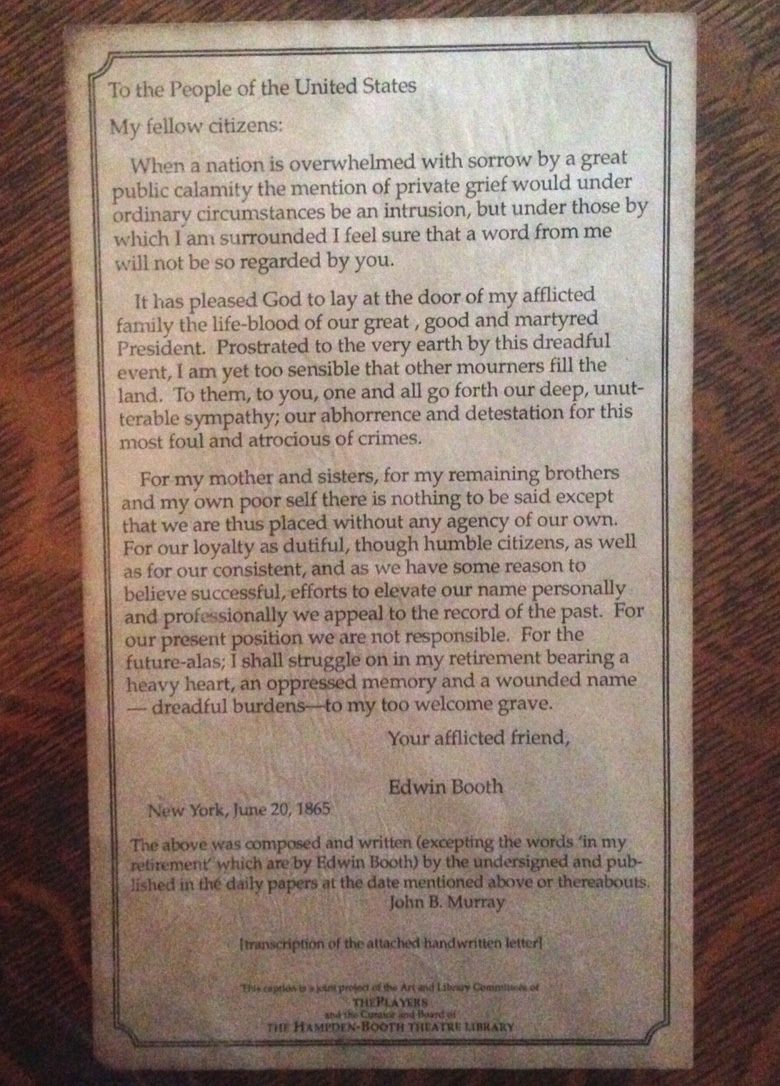
(Photo: Ella Morton)
In the immediate aftermath of the assassination, Edwin’s good friend, New York judge J.W. Edmonds, wrote the actor a sincere and empathic note, having predicted his anguished state of mind. The reassuring words, published in the New York Times on April 19, 1865, promise that despite the nation’s grief and shock, ”all will be well, and you may be assured of the earnest sympathy of the good and the true everywhere.”
Though Edwin initially decided to retire from the stage in response to his brother’s crime, his audience did not abandon him. In 1866 they turned out in droves to see Edwin reprise his Hamlet—a role he would continue to play for the next 25 years.
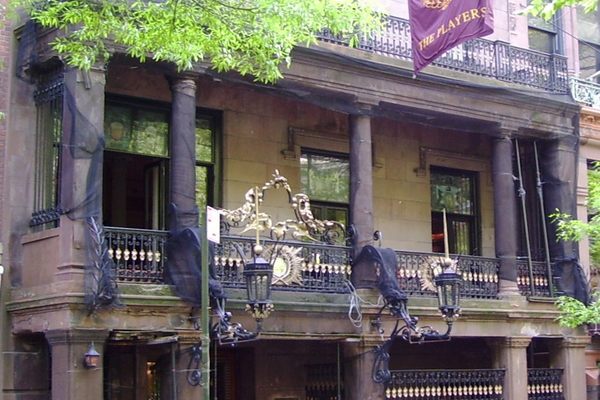



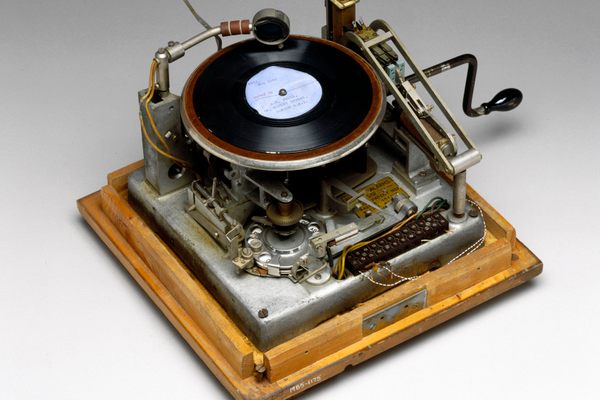
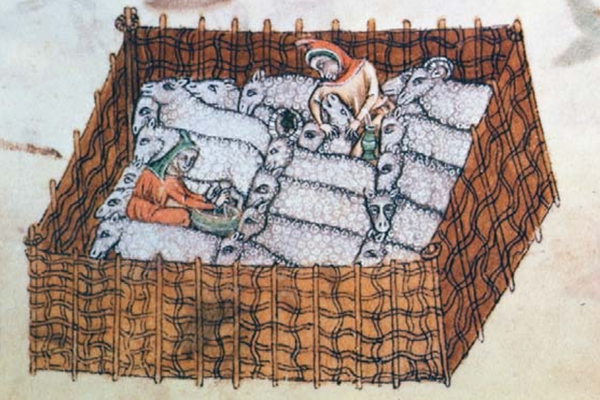
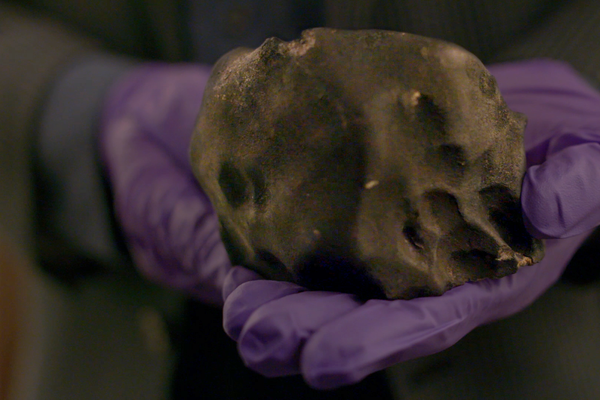
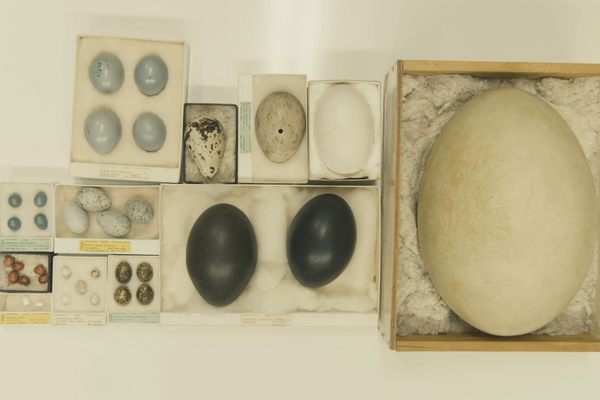
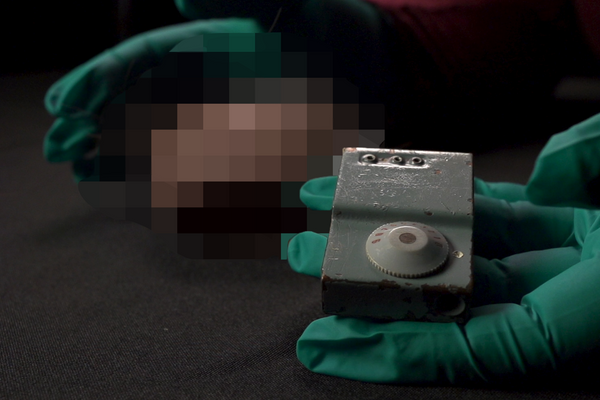



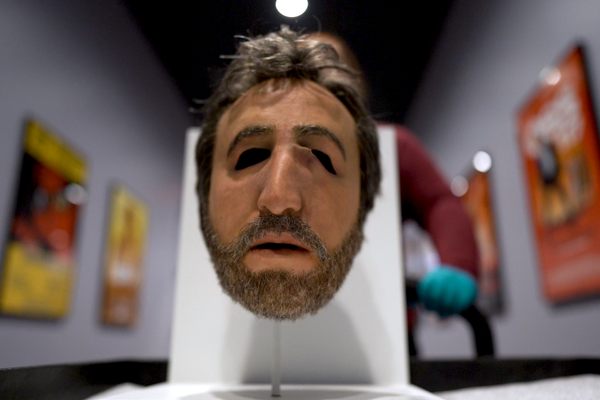



Follow us on Twitter to get the latest on the world's hidden wonders.
Like us on Facebook to get the latest on the world's hidden wonders.
Follow us on Twitter Like us on Facebook